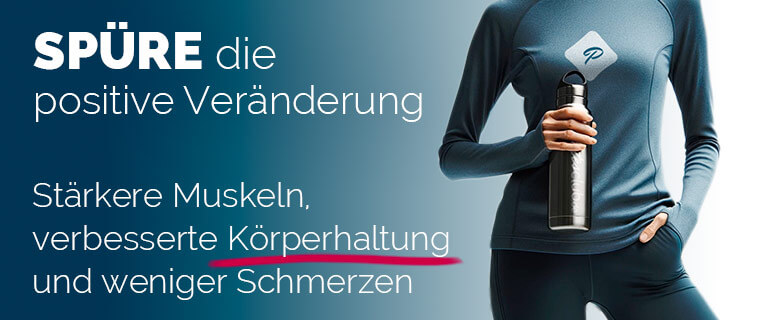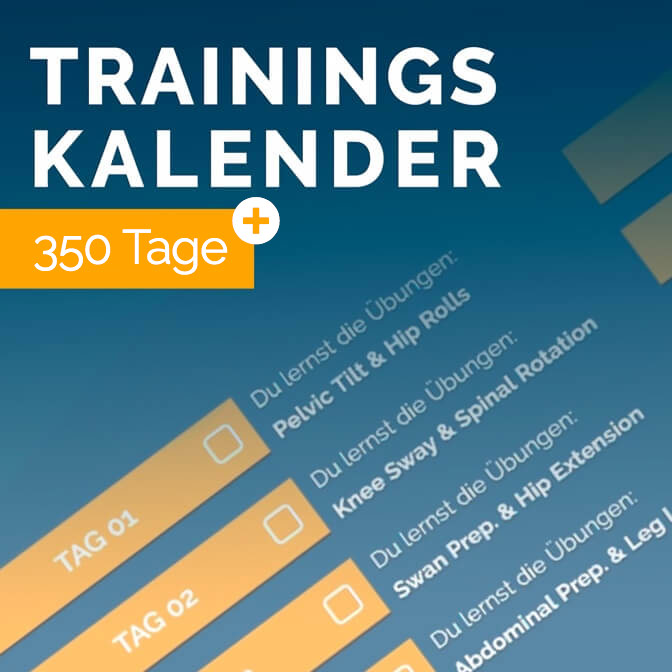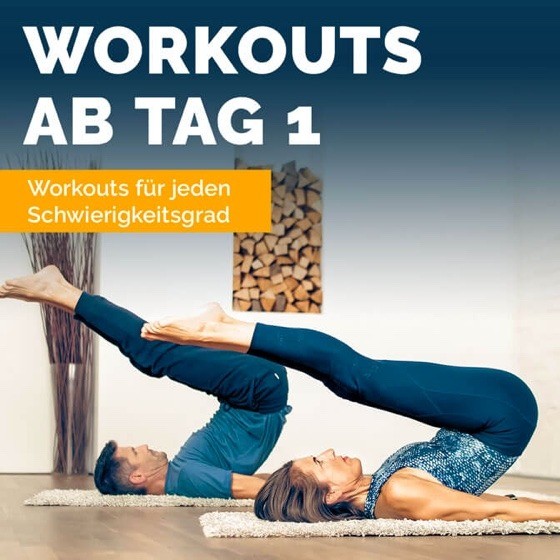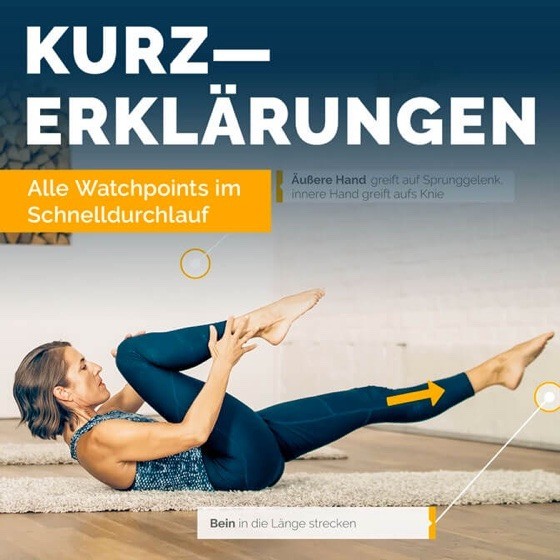
Pilates exercises explained
Elephant 1
"Elephant 1" is an optimal exercise to strengthen the shoulder girdle in an upside down movement. Also, the muscles between the shoulder blades are trained, which in turn leads to the straightening of your thoracic spine in everyday life. Your posterior fascia chain is stretched on the one hand and strengthened again on the other.
Preparatory for this exercise are the exercises "Knee Lift" as well as "Rhomboid Squeeze".
Exercise description
Starting from a quadruped stance, lift the pelvis into an inverted V while inhaling. Extend legs as best you can, but is not the primary goal.
With the exhalation, lower the knees to just above the floor. Again with the inhalation lift the pelvis from the trunk muscles towards the ceiling. Notice the muscles between the shoulder blades and again with the inhalation lower the knees to just above the floor.
After 4 to 6 repetitions, lower your knees all the way to the floor.
Frequently asked questions
What to do for pain in the wrists?
Loosen them again and again, possibly mobilize before the exercise.
At worst, brace yourself on your forearms and perform the exercise.

Pro Tip From Maria
Imagine being pulled by an imaginary string from your tailbone to the ceiling. At the same time, your heels strive diagonally towards the floor. This polarization automatically activates the deep muscles.
When you consciously allow the sternum to reach toward the thigh in the inverted V position, you will feel more of the muscles between your shoulder blades.
Video with the brief explanation of the Pilates exercise Elephant 1
Most common errors
If you have a strong hunchback, it is often skipped and you don't feel yourself between the shoulder blades.
Tip. Keep legs more bent. This way you get better stretching from the back.
Assistance
What can you do if the exercise is too difficult?
Static Knee Lift Exercise.
Muscle groups
- Transversus
- Multifidus
- Obliquus Internus
- Serratus
- Rhomboideus
- Diaphragm Pelvis
- Pectoralis Major
- Biceps & Triceps
- Obliquus Externus
- Ischiocrural
- Gastrocnemius
- Tibialis Anterior
Equipment
- Mat
Difficulty
- Medium









